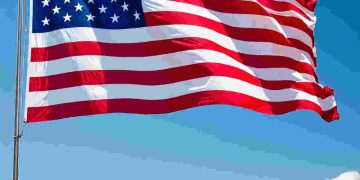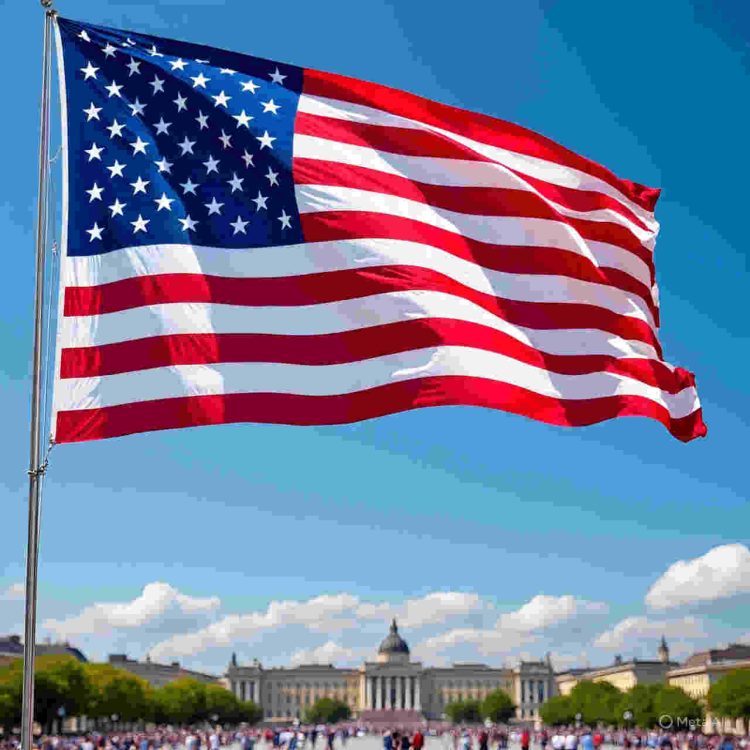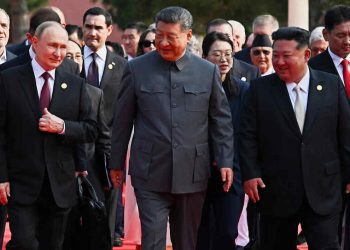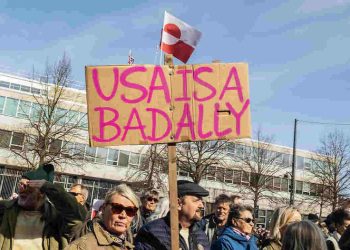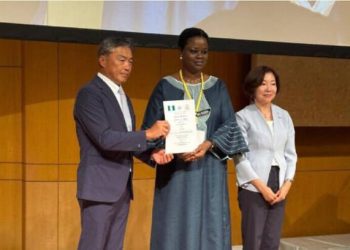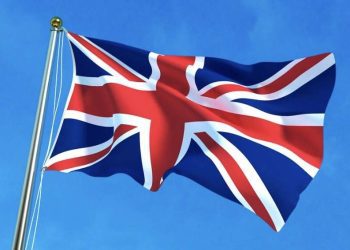The United States has unveiled a controversial $250 “visa integrity fee” targeting nonimmigrant visa applicants, a move that could dramatically raise travel costs for Africans and other global citizens seeking entry into the U.S. The fee is part of the recently signed One Big Beautiful Bill Act, passed into law on July 4, 2025, and set to take effect later this year.
Fee Breakdown and Applicability
According to immigration law firm Envoy Global, the new fee applies to all foreign nationals applying for U.S. nonimmigrant visas, including students (F-1, F-2), exchange visitors (J-1, J-2), temporary workers (H-1B, H-4), tourists, and business travelers.
This additional charge comes on top of existing visa expenses, including:
- MRV application fees
- Anti-fraud charges
- Reciprocity fees
In practical terms, a visa application for citizens of Nigeria, Ghana, or Kenya could now total over $500, excluding travel logistics and documentation, a figure likely to price out many applicants.
Who’s Exempt and Who Isn’t
The U.S. Visa Waiver Program (VWP) exempts citizens from 42 countries, mostly in Europe, Canada, Bermuda, and select Asian and Gulf states, from the fee, provided they stay in the U.S. for less than 90 days. However, no African country qualifies for this program, leaving all African applicants fully subject to the increased cost.
This exclusion highlights what critics argue is a deepening mobility gap between Western and African nations, reinforcing structural disadvantages already faced by African citizens in accessing global opportunities.
Impact on Students, Tourists, and Professionals
African students planning to study in the U.S. on F-1 visas, those joining cultural or academic exchange programs on J-visas, and professionals entering the U.S. for work will all bear the brunt of this new levy. Likewise, families traveling for reunions, tourists, and entrepreneurs will now face significantly higher financial thresholds.
The timing of this move ahead of major U.S.-hosted events like the 2026 FIFA World Cup and the 2028 Summer Olympics in Los Angeles could deter many international visitors, particularly from Africa, South America, Asia, and the Middle East. These regions already suffer long wait times, high rejection rates, and bureaucratic delays in U.S. visa processing.
No Clarity on Reinvestment or Refunds
Although U.S. officials have stated that the collected fee will go to the U.S. Treasury’s general fund, there is no guarantee that it will be used to improve visa services, streamline application processes, or enhance consular support, all critical needs for African applicants.
Claims that the fee may be refundable have also been met with skepticism, as no concrete reimbursement mechanism has been outlined.
Criticism from the Travel Industry
Geoff Freeman, President and CEO of the U.S. Travel Association, has condemned the policy, describing it as “a self-inflicted wound.” He argues that the fee will discourage global travel and worsen the perception of the U.S. as unwelcoming to foreign visitors.
“These fees are not reinvested in improving the travel experience and do nothing but discourage visitation at a time when foreign travellers are already concerned about the welcome experience and high prices,” Freeman said.
A Symbolic and Financial Barrier
For many Africans, the new $250 fee is more than a financial inconvenience, it’s a symbolic barrier. Whether seeking education, business opportunities, cultural exchange, or family reunification, the added cost sends a message that the U.S. is making itself less accessible, even as global voices continue to call for greater travel equity and reform of visa systems.
As debates over immigration policy, racial equity, and global mobility heat up, the U.S. stands at a crossroads, choosing to build walls where others are urging the building of bridges.
